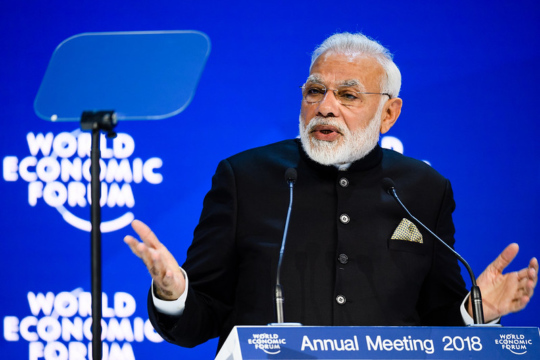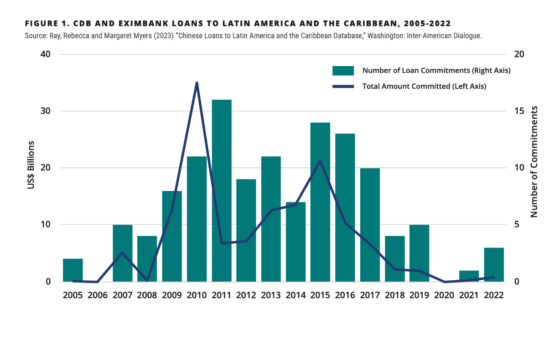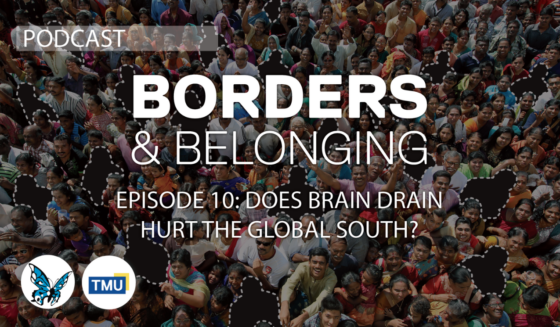
Toward Stronger India-Latin America Economic Relations?
Despite much talk of enhanced Indian engagement with the region over the past decade, India-Latin America ties remain relatively limited.
Margaret Myers, director of the Asia & Latin America Program, joined BBC Newshour to discuss the newest members to the BRICS intergovernmental organization.
"As we saw during the last BRICS summit in Johannesburg a few months back, observers were generally critical not only of the outcomes of the meeting, but of the prospects for this expansion having much effect globally or in terms of the interests of the global south. There wasn't a lot of convergence either among the existing members and there doesn't appear to be much convergence about a way forward for the BRICS among those that are joining."
"Symbolically...it has a considerable presence. It's viewed as being a voice of the global south even if there isn't...a coherent agenda aside from challenging the global order, uplifting the voice of the global south, and challenging US dollar dominance. What does have more of an effect is the BRICS bank, the New Development Bank, which is part of the overall BRICS configuration. There is an effort to expand lending and to lend in member currencies which has been something members have been discussing for a number of years."
"I think that [a BRICS currency] is profoundly not feasible at this particular juncture. There's been very little consideration…beyond Lula’s statements. There was a real sense that dollar dominance is a problem during the Johannesburg summit but very little said about doing much to counter that aside from…lending in member country currencies through the BRICS. And as we know, the US dollar remains preeminent global currency of choice across the many functions of money."
Despite much talk of enhanced Indian engagement with the region over the past decade, India-Latin America ties remain relatively limited.
In the newest episode of The China-Global South Project Podcast, Margaret Myers, director of the Asia and Latin America Program at the Inter-American Dialogue, considered new trends in Chinese economic engagement with the LAC region.
Manuel Orozco spoke with Open Democracy’s Borders and Belonging Podcast about the socio-economic harm done to the countries in the Global South that suffer brain drains as well as the effect of global mobility in an interconnected world.
 BBC Newshour
BBC Newshour

